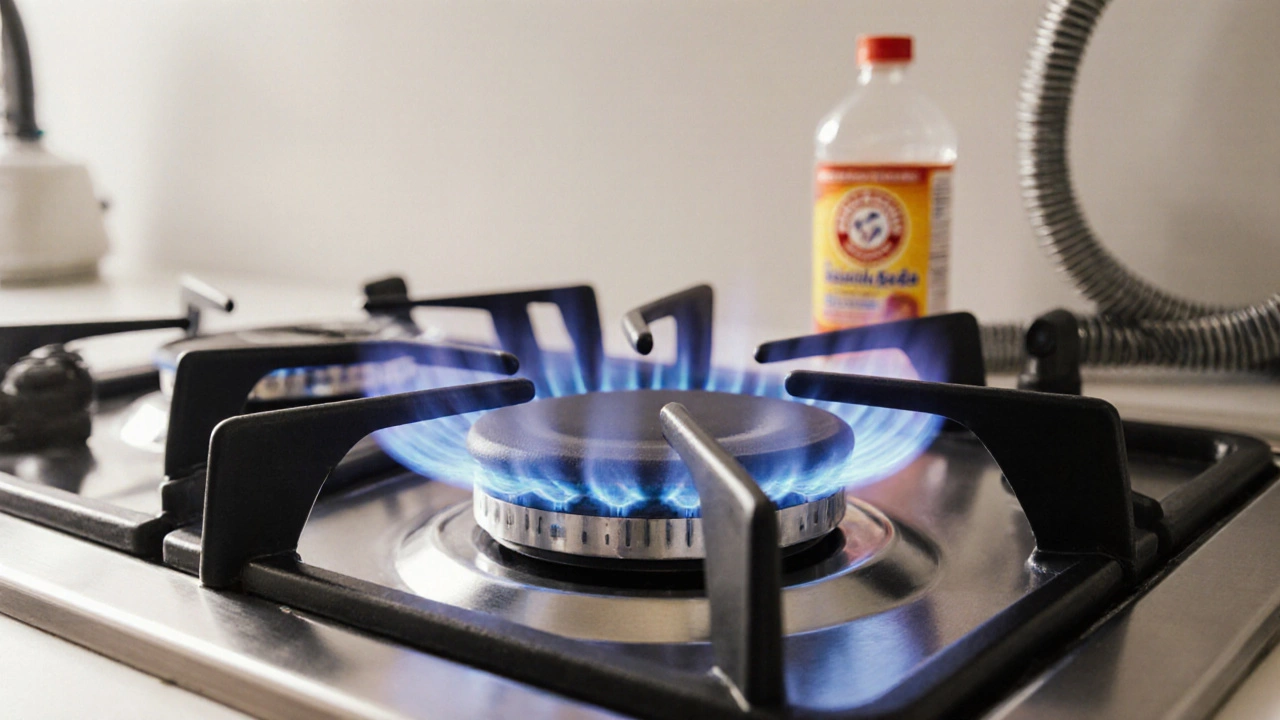Gas Water Heater Longevity: How Long Do They Really Last?
When it comes to gas water heater, a common household appliance that heats water using natural gas or propane. Also known as gas-fired water heater, it’s one of the most relied-on systems in your home—until it suddenly stops working. Most people assume these units last forever, but the truth is, a typical gas water heater lasts between 8 to 12 years. After that, efficiency drops, repairs get expensive, and the risk of leaks or full failure rises fast.
The real lifespan depends on how well you take care of it. Hard water? That’s mineral buildup eating away at the tank from the inside. Skipping annual flushing? Sediment turns your heater into a slow cooker, forcing the burner to work harder and burn out sooner. And if you live in an area with high water pressure, that’s extra stress on the tank seams and valves. These aren’t just minor issues—they’re the top reasons why a gas water heater dies years before it should. Regular maintenance, like draining a few gallons every six months, can add years to its life. It’s not fancy, but it’s cheap and it works.
Then there’s the water heater repair, the process of fixing broken parts like the thermostat, gas valve, or heating elements. Sometimes, replacing a $50 thermocouple or cleaning a clogged vent is all you need. But if your heater is over 10 years old and you’re spending more than half the cost of a new unit on fixes, it’s usually smarter to replace it. Newer models are up to 30% more efficient, which means lower gas bills and fewer breakdowns down the line. Don’t wait for a flood to make the decision—watch for signs like rusty water, strange noises, or inconsistent hot water. These aren’t just annoyances; they’re red flags.
And let’s not forget water heater maintenance, the simple, regular tasks that prevent big problems. Checking the anode rod every couple of years? That’s the sacrificial metal that protects your tank from rusting. Replacing it when it’s eaten up can double your heater’s life. Same goes for testing the pressure relief valve—it’s a safety feature you hope you never need, but you’ll be glad it’s working when you do. Most people ignore these steps until something breaks. By then, it’s too late.
Below, you’ll find real-world guides on diagnosing gas water heater problems, when repairs make sense, and how to extend your unit’s life without overpaying. No fluff. Just clear, practical steps you can use today to avoid a cold shower tomorrow.
29 October 2025
·
0 Comments
Learn the real-life expectancy of gas appliances like stoves, water heaters, and furnaces. Discover signs it's time to replace them and how to extend their life with simple maintenance.
Read more


